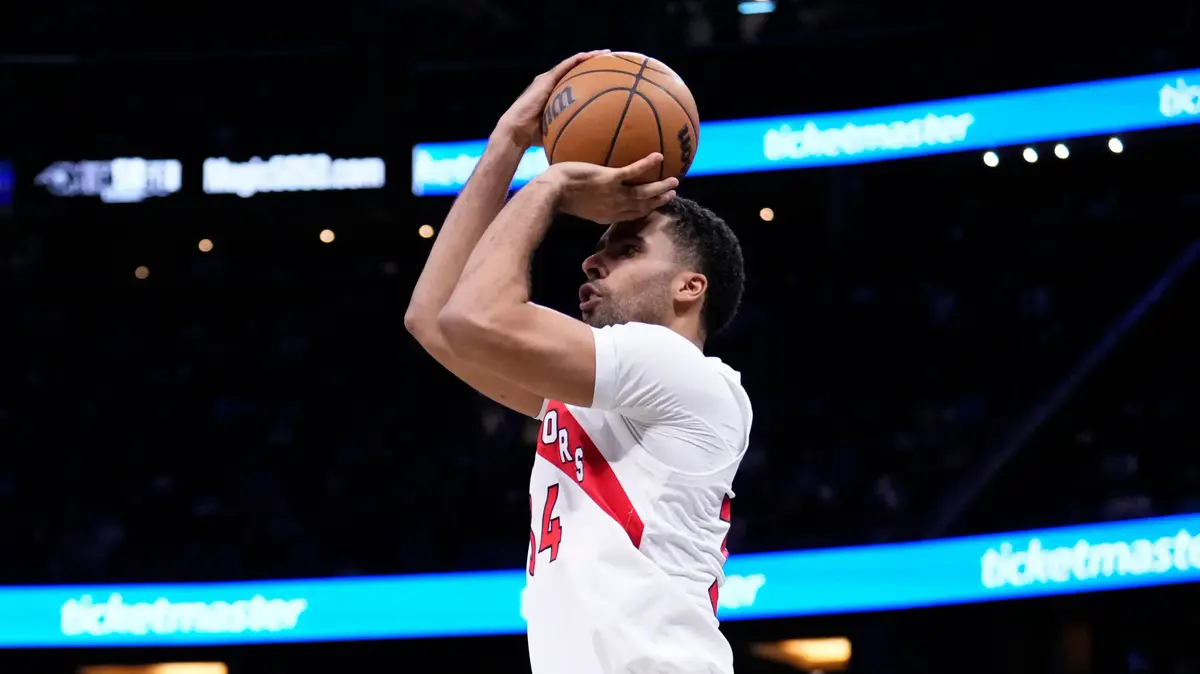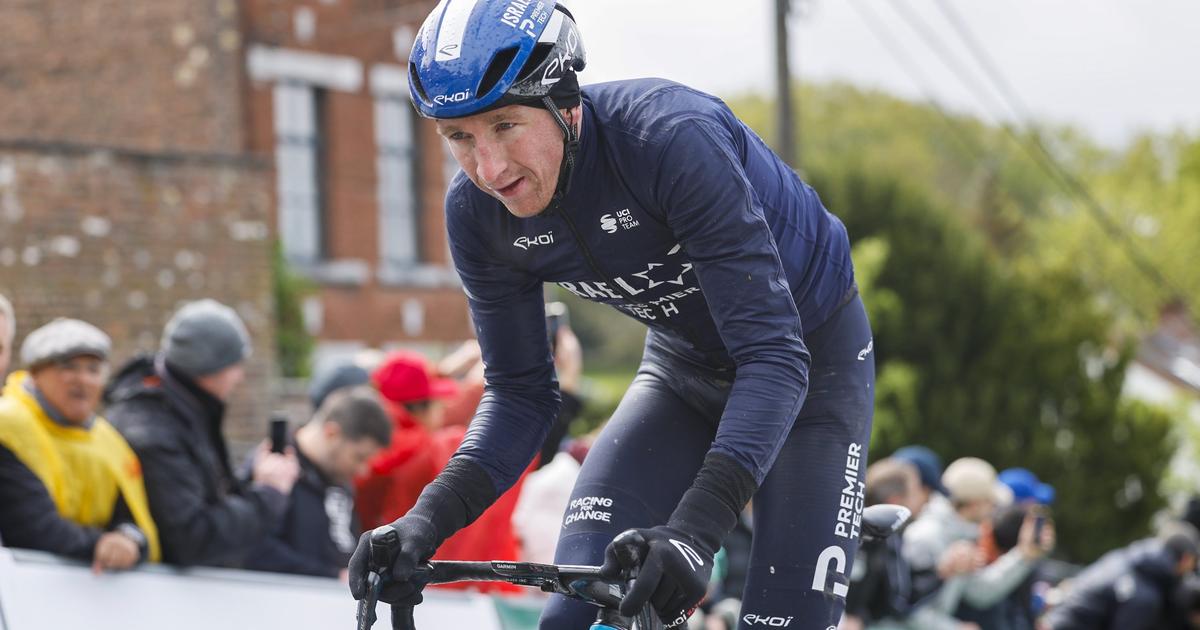Icon: enlarge
Angelique Kerber wants to attack at the Australian Open
Photo:
imago images / Hasenkopf
It's a complicated start to the new tennis season. When the Australian Open begins in Melbourne on February 8, the world's best players will have all kinds of preparation behind them. Some got off the plane and were able to train directly after a brief, mandatory quarantine.
With 72 professionals who came from overseas, things didn't go so smoothly. As it later turned out, people infected with the coronavirus were on board on their flights. The local authorities therefore took strict isolation measures. The result: a 14-day quarantine in the hotel room. Angelique Kerber, Germany's best tennis player, is also affected. The 2016 Australian Open winner landed in Melbourne on January 15. Since then, the 33-year-old has moved on almost 20 square meters.
SPIEGEL:
Ms. Kerber, your birthday was recently.
How do you celebrate the quarantine in a hotel room?
Kerber:
It was a birthday that I won't forget anytime soon.
I was alone in my room.
Somehow close in terms of location and time, but it felt a long way from the Australian Open, which is usually a fixture on my birthday.
In recent years it has always been a special occasion because either the fans in the stadium were singing or we had a nice dinner in the evening.
I had to do without that this year, but at least I was able to talk to many close friends about Facetime and had the feeling that I could still celebrate a bit.
SPIEGEL:
You have been in quarantine for a few days now.
How will the two weeks affect your fitness?
Kerber:
My preparation for the season went well; it was almost one of the best in recent years.
I was finally able to train injury-free, pushed my limits and felt more fit before my flight to Australia than I have for a long time.
The strict quarantine conditions are a real challenge, but I try to improvise and to cushion the negative effects on my fitness level as much as possible.
Some of the tennis pros who find themselves in isolation have now gotten inventive. On their social media channels you can see how they convert their mattresses into tennis walls and do punch training. Still others build small obstacle courses and jump over bathroom towels with one leg. The ultimate goal: to somehow maintain fitness.
SPIEGEL:
What does your hotel room training look like?
Kerber:
I have some fitness equipment in my room that I can use, but of course that doesn't replace the units on the tennis court.
What counts now is making the best of the situation.
SPIEGEL:
Are you afraid of injuring yourself if it starts?
Kerber:
Especially at the Grand Slams, the power density is extremely high.
So you have to be ready to push your physical limits in the first few laps.
The prerequisite for this is that you are fully in training, also to minimize the risk of injury.
Now, of course, that's going to be difficult.
For me, after the quarantine, it will be important to get the tension and to find the rhythm on the court in the shortest possible time and with just a few units on the tennis court.
Icon: enlarge
Angelique Kerber at her Australian Open victory in 2016: She needs absolute fitness for her powerful game
Photo: Quinn Rooney / Getty Images
SPIEGEL:
Two weeks without serving training could be dangerous for the muscles and tendons in the shoulder.
Kerber:
I'm not used to the situation, so I can't yet say how my body will react to it.
I have fewer concerns about the shoulder.
But what I can't simulate at the moment are the abrupt movements on the pitch, the short sprints in the rallies.
I will carefully feel my way and approach the change with care.
Some players have complained about the conditions that exist for some of the professionals. Above all, Novak Djokovic, who is not affected by the quarantine himself. The number one in the men's world rankings had vehemently campaigned for relaxation of isolation. Djokovic's statements met with criticism, whereupon the Serb formulated a page-long justification on social media. Meanwhile there was a discussion of the professionals with Australian Open tournament director Craig Tiley and the waves have smoothed a bit. And yet: The Swiss Belinda Bencic, who like Kerber is in quarantine in a hotel room in Melbourne, speaks of a "messed up Australian Open" even before the tournament starts.
SPIEGEL:
Dominic Thiem, number three in the men's world rankings, spoke of a decisive competitive disadvantage for the professionals who are in quarantine.
Do you share his view?
Kerber:
The requirements in the two groups are very different.
Some can train up to five hours a day, others are subject to strict quarantine rules.
I've accepted it and I'm trying to make the best of the situation.
Even though I know: After two weeks of quarantine in my hotel room, I can't expect much from the start of the season.
At the beginning of next week, the hotel room quarantine was over for the majority of the professionals concerned. There will then be a WTA 500 tournament for the players and two smaller ATP 250 competitions for the men, as well as the ATP Cup team competition. All tournaments take place on the grounds of the Australian Open.
SPIEGEL:
Is it conceivable that professionals will cancel the preparatory tournaments out of fear of getting injured?
Does that play a role in your plans?
Kerber:
You will see how everyone assesses the risk for themselves.
But the concern is absolutely justified, also against the background that the season is just getting started.
For me, I will take it slowly in the first training sessions after the quarantine on the pitch in order to get a feel for how my body reacts to it.
But it is a tightrope act.
On the other hand, before a Grand Slam, it is also extremely important to gain match practice.
SPIEGEL:
If you dared to look ahead to the Australian Open: What kind of tournament could it be for you?
What would you be happy with?
Kerber:
My credo has always been to play round after round and not look too far ahead.
This is more true than ever under the current conditions.
I am realistic and don't expect too much.
Still, I'm looking forward to being back on the pitch soon.
Icon: The mirror












/cloudfront-eu-central-1.images.arcpublishing.com/prisa/SIL73HWCGXKSZBZRANYT36EZLI.jpg)